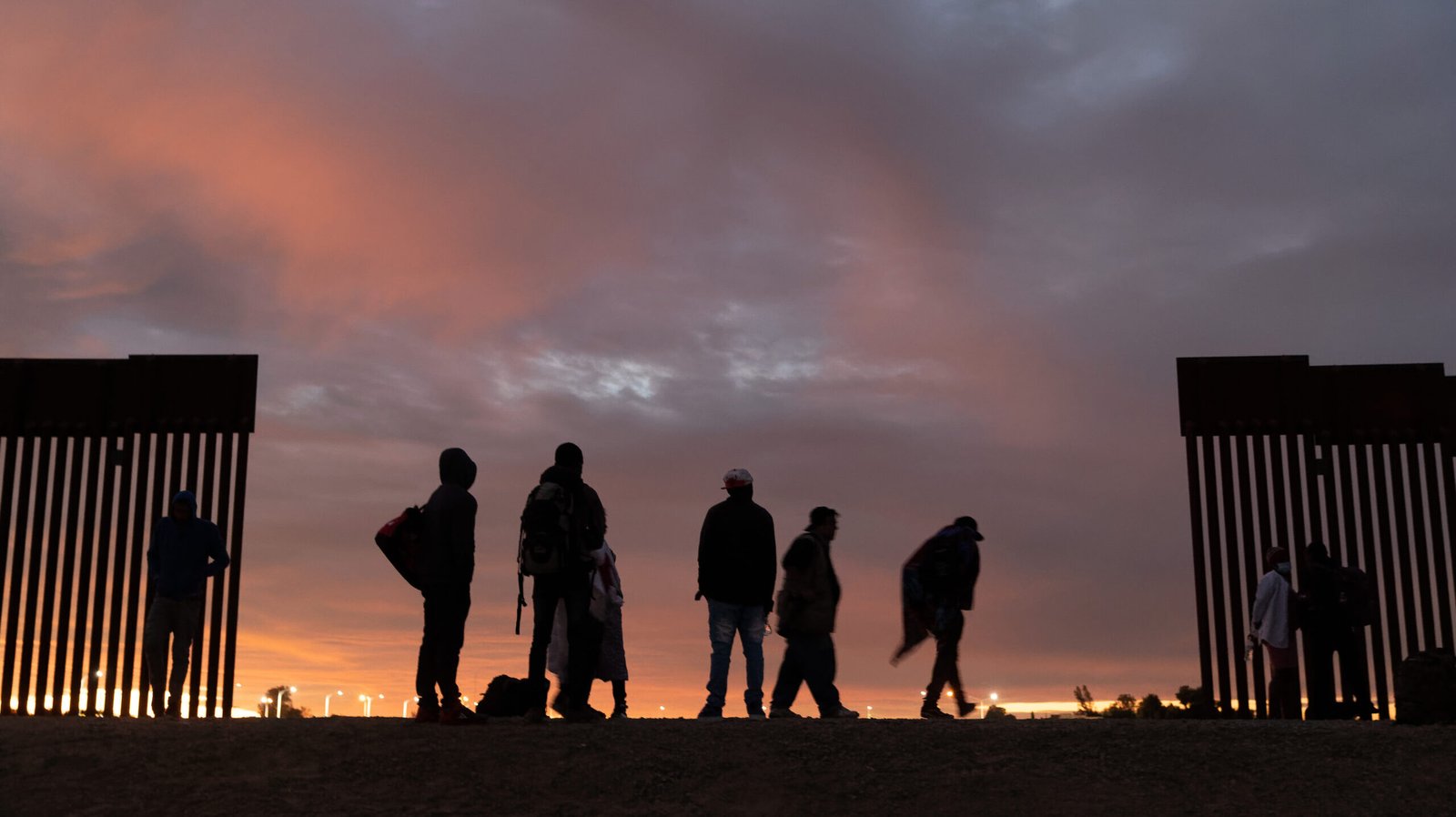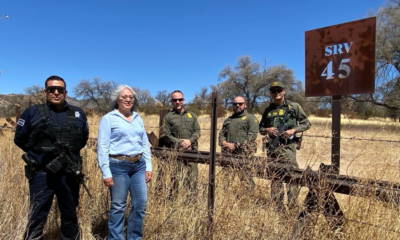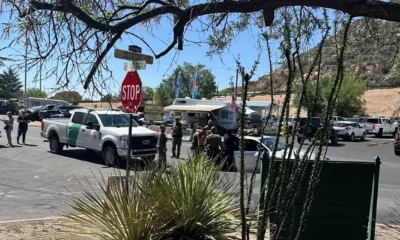Alejandra Gomez
GOP’s ‘Secure Border’ Ballot Initiative Greenlit for Voters Following Judge’s Rejection of Legal Challenge

A Maricopa County judge has dismissed a legal challenge against the “Secure the Border Act,” ensuring it will appear on the November ballot. The Republican-backed measure aims to criminalize unauthorized border crossings in Arizona and give local police the power to make arrests.
Judge Scott Minder ruled that the legislation meets the state’s single-subject requirement, stating that all provisions were logically connected to the issue of border security. “Because all provisions of HCR 2060 relate to one general subject… the Court finds that HCR 2060 satisfies the Arizona Constitution’s single-subject rule,” Minder wrote in his 11-page opinion.
The lawsuit was brought by four Latino advocacy groups—Living United for Change in Arizona (LUCHA), Poder in Action, and the Florence Immigrant and Refugee Rights Network. They argued the act violated the state’s constitutional requirement by covering multiple subjects, including stricter penalties for fentanyl distribution and falsifying documents for public benefits.
Minder, however, rejected these claims, arguing that previous court cases allow for a broad interpretation of the single-subject rule. He cited the 1990 case Knapp v. Miller, involving DUI testing and license suspensions, to support his decision.
Advocates of the act argue that the various provisions address the overarching issue of an “unsecured border.” Minder concurred, pointing out that the new felony classifications for fentanyl distribution are connected to border security concerns due to drug smuggling activities.
The ruling sparked mixed reactions. Senate President Warren Petersen praised it, criticizing Democrats and the Biden administration for their handling of border issues. Petersen, who co-sponsored the bill, said, “It’s unthinkable that Democrats and our Governor would stand with Biden and radical left activists, instead of hardworking Arizona families.”
On the other side, LUCHA is considering an appeal. Executive Director Alejandra Gomez referred to the act as “stop and frisk on steroids” and cautioned that minority communities would suffer if the act becomes law. “This discriminatory legislation will lead to over-policing in every community across our state,” Gomez stated, emphasizing the potential for racial profiling.
Proponents view the act as a necessary measure to address border-related issues, while critics argue it could lead to greater racial tensions and civil rights violations. The final decision now lies with Arizona voters in the upcoming election.


















